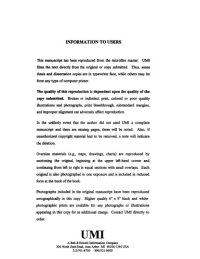
Ebook: Moral and spiritual instruction in the works of Nicole Bozon
Author: Postlewate Laurie Jean
- Genre: Literature
- Tags: Literature Medieval, Literature Romance, Religion General, History Medieval
- Series: PhD Dissertation
- Year: 1996
- Publisher: New York University
- City: New York
- Language: English
- pdf
Chapter 1 explores background issues which bear on our understanding of Bozon's literary production: the role of the Friars Minor in the promotion of religious reform in England; the Franciscan literary tradition; the use of Anglo-Norman French; and the manuscript context of the works.
Chapter 2 treats Bozon's Contes moralises. Examination of the three types of demonstration which make up the collection (similitudes based on the properties of animals, minerals and plants; narrative exempla; and quotes from authorities) is followed by discussion of the moral instruction provided in the work.
Chapter 3 presents two poems which communicate the importance of penance. In our examination of the allegorical "Char d'Orgueil," we discuss how Bozon provides penitents with a way to imagine and remember sins as they prepare for confession. In our discussion of Bozon's retelling of the Incarnation and Passion as a tale of courtly love in the "Passion Poem", we focus on how the audience is encouraged to identify with Christ and to feel contrition for their own sins.
In chapter 4, we examine how in his collection of verse translations of proverbs, the Proverbes de bon enseignement, Bozon promotes a program of Christian courtesy--a variation of "courtoisie" that is peculiar to the Anglo-Norman tradition.
Chapter 5 discusses Bozon saints' lives (those of Mary Magdalene, Martha, Margaret of Antioch, Christine, Lucy, Juliana, Agatha, Agnes, Elizabeth of Hungary, Paul the Hermit, and Paphnutius). We focus here on how Bozon translated and adapted his Latin sources, both stylistically and in the image of holiness they present.
Our study reveals the versatility and talent of Bozon, a key figure in the promotion of serious religious life for the secular public of the fourteenth century.